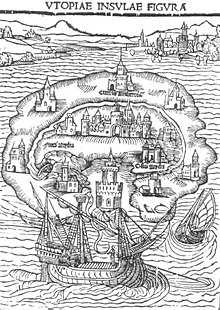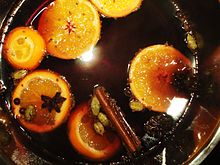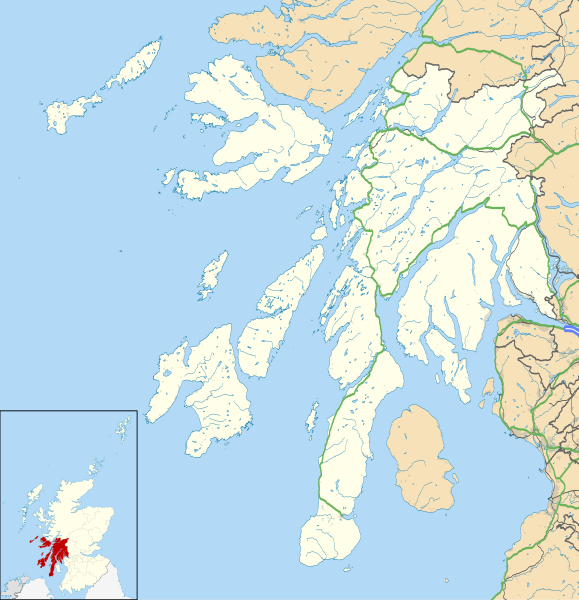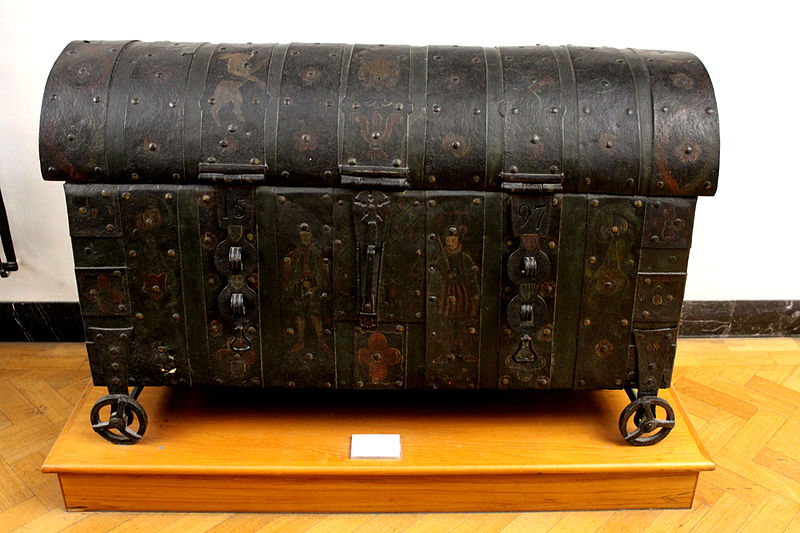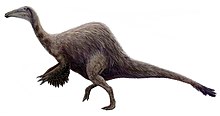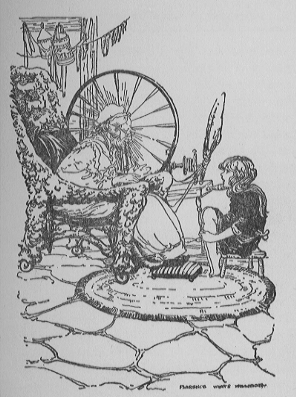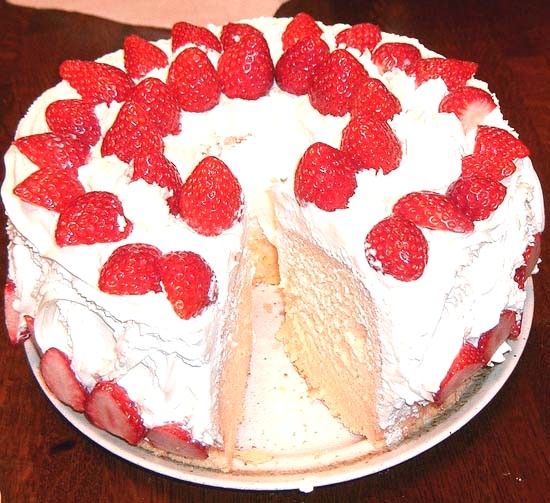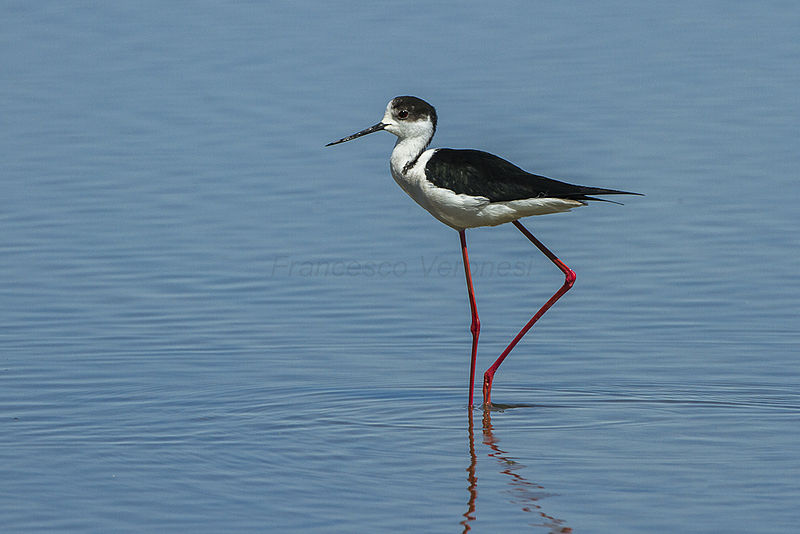Happy Birthday - or Raazdinyaam Ugutaa, as one says in Aleut -
HAPPY BIRTHDAY TO US!
The Word Den is five (biyar in Hausa) today!
As I write, The Word Den has more Russian readers than any other country (the USA is next) but our visitors from Sint Maarten (that's half of a small Caribbean island) are quite as valuable and delightful.
It's a huge pleasure to welcome you.
Anyway, qoSllj Datlvjaj! (That's Klingon for Happy Birthday. I have no absolute proof of Klingon visitors, but I live in hope.)
Anyway, it's Saturday, which is rave day, and Five Children and It by E Nesbit seemed an appropriate choice. It was published in 1902, and it's about Five Children (well, one's a baby - except, that is, on one Alarming Occasion) and also, obviously, about, well, It.
It is a psammead (you say it sammy-add, though as a child I must have skipped the passage that explained this because called him a PUSSaMEED for years).
The psammead is...well, think of him as a cross between a small lazy chimp with eyes on stalks and a cat, and you've more or less got it.
 Illustration by H R Millar
Illustration by H R Millar
He's old, irritable, and a sand fairy.
Being a fairy, he gives wishes...
....sometimes.
'Go away and leave me in peace, do,' the Psammead went on. 'I can't think why you don't wish for something sensible - something to eat or drink, or good manners, or good tempers. Go along with you, do!'
It almost snarled as it shook its whiskers, and turned its silky back on them. The most hopeful felt that further parley was vain.
It's true that Five Children and It contains some obscure words, like parley, but why should we be denied the joy of obscure words? It's true, too, that the children's family employs servants - but it would surely be the greatest possible snobbery to dismiss the children as uninteresting because of an accident of birth.
Five Children and It is funny, it's full of good characters, and after 114 years it's still exciting.
I'd recommend it strongly as a birthday treat.
Ki'imak k'iin k'aaba'!
(That's Happy Birthday in Yucatec Maya.)
Word To Use Today: five. This word has roots going all the way back to the Sanskrit pañca.
